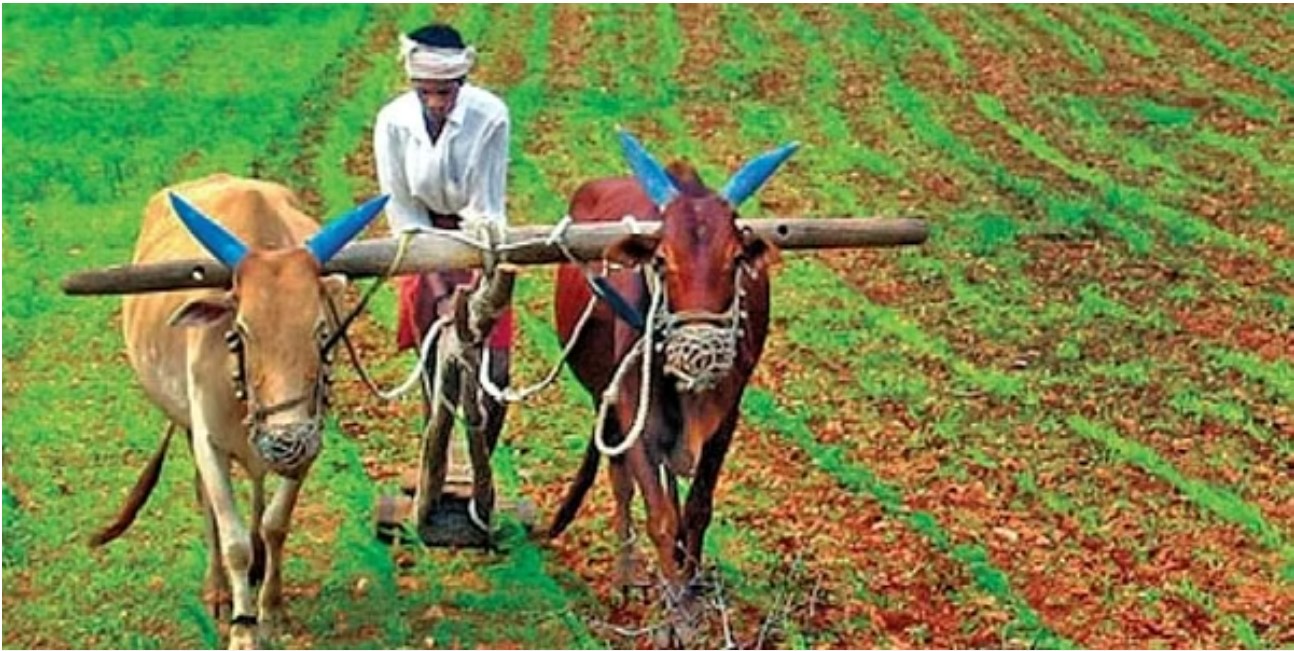As a farmer in rural Maharashtra, the thought of leaving your small plot of land behind to find work in the city may seem attractive. You could lease your land, collect some payment, and have the security of returning to farming if the city job doesn’t work out. But the Maharashtra Tenancy and Agricultural Lands Act, 1948,(MTAL) makes this dream a nightmare. The MTAL converted all tenants to landowners on “tillers day,” April 1, 1957. This was an attempt to redistribute land from landlords to tenant farmers. But this was not just a one-time redistribution, it also added a provision where landlords lose their ownership of land on new leases that lasts for more than eleven months. Landlords are constantly at risk of losing their land to tenants, so most prefer informal arrangements instead of formal contracts.
These informal markets create disputes and conflicts, leading to financial losses for both parties. As a lessor, you’re hesitant to enter into an informal agreement with a lessee because of the risk of losing your land or not being compensated fairly. And as a lessee, you’re hesitant to enter into an informal agreement because of little clarity around your rights and responsibilities.
Furthermore, informal arrangements make it difficult for farmers to access credit. Banks and financial institutions may be willing to lend money only with a formal, legally-binding contract in place. This makes it challenging for farmers to invest in and improve their land or equipment, ultimately leading to lower crop yields and incomes. The lack of transparency in the land leasing market also leads to issues such as land grabbing, inadequate rents, and poor tenancy rights.
The Maharashtra Agricultural Land Leasing Bill, introduced in 2017, could change this scenario. Based on the Model Agricultural Land Leasing Act, the bill aims to address some issues with the MTAL. The bill allows farmers to lease their land to other farmers, agri-business firms, and government agencies for a mutually agreed upon period of time. The bill also includes provisions for dispute resolution and compensation in case of disputes arising between the landowner and the lessee. However, the bill has not yet been passed into law.
The bill passed both houses of the Maharashtra legislature and was sent to the President for approval. The Union government sought clarifications, which were provided by the Government of Maharashtra on 14.09.2020. However, the Union has not yet approved the bill claiming that “[t]he consultation process in such cases takes time. No time frame can be laid down for according such approval.”
This bill has the potential to revolutionise the agricultural land market in Maharashtra by providing clear, legally-binding contracts and a better understanding of the rights and responsibilities of both parties. No other state in India has adopted the model Act, Maharashtra would lead the way in land reform by adopting this bill. With the adoption of this bill, leased land can be tracked and monitored, allowing for a fair and transparent market. Farmers in rural Maharashtra will finally have a fair chance to lease as well as rent land and improve their livelihoods.
Read more: A Teary Tale of Onion Farmers
Post Disclaimer
The opinions expressed in this essay are those of the authors. They do not purport to reflect the opinions or views of CCS.






